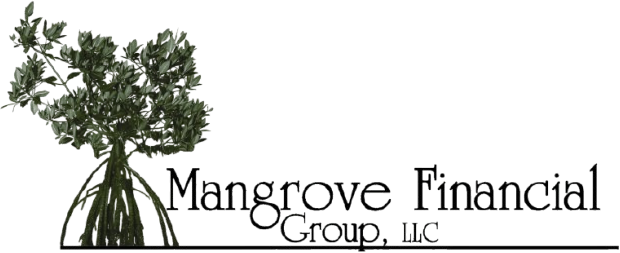Living in St. Petersburg means enjoying sunny days, warm weather, and a fun outdoor life that’s second to none. From backyard pools to spacious patios, outdoor features are a big part of what makes homes in this area so special. But have you considered how home insurance protects these valuable parts of your property?
Why Outdoor Features Matter in St. Petersburg
St. Petersburg homeowners often invest in outdoor spaces to make the most of Florida’s year-round sunshine. Pools, decks, patios, and even outdoor kitchens are common additions to homes in the area. While these features enhance your lifestyle, they also come with risks, such as storm damage, accidents, or wear and tear from the tropical climate.
How Home Insurance Covers Outdoor Spaces
Home insurance policies often include coverage for outdoor features, but it’s important to understand the specifics. Mangrove Property and Casualty Group, serving St. Petersburg, FL, can help you find a policy that protects your entire property, including outdoor areas. Here’s what to look for:
- Pool Coverage: If your pool is damaged by a storm or other covered event, your policy may help with repair costs.
- Patio and Deck Protection: Insurance can cover damage to patios, decks, and other outdoor structures caused by wind, rain, or falling debris.
- Liability Coverage: If someone is injured while using your pool or outdoor space, liability coverage can help with medical expenses or legal fees.
Tips for Protecting Your Outdoor Features
While insurance is essential, taking preventative steps can help minimize risks:
- Regularly inspect your pool, patio, and deck for signs of damage or wear.
- Secure outdoor furniture and decorations during storms to prevent damage.
- Install safety features like pool fences or covers to reduce liability risks.
St. Petersburg’s outdoor lifestyle is one of its biggest attractions, and protecting your property is key to enjoying it fully. Mangrove Property and Casualty Group is here to help homeowners in St. Petersburg, FL, find the right home insurance policy to cover pools, patios, and more. Contact us today to learn how we can help safeguard your outdoor spaces!
